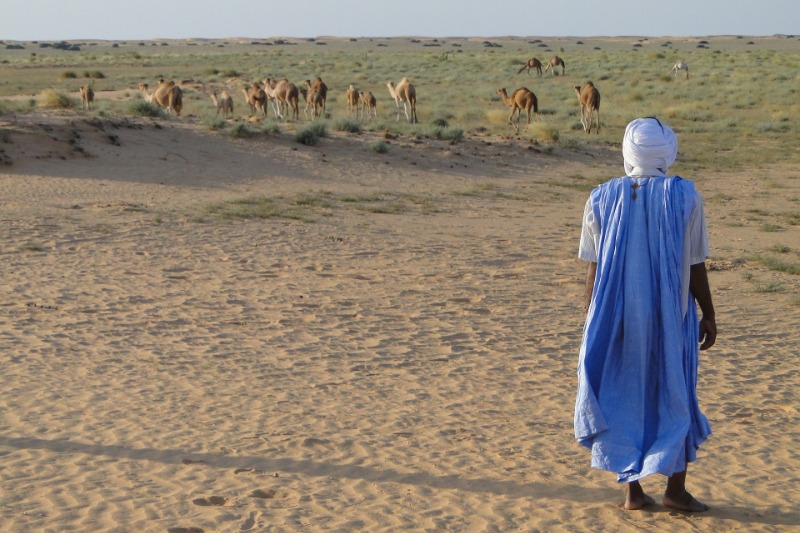Crippled by compounded factors
Mauritania, a lower-middle-income country in north-west Africa, is buckling under food insecurity. It is situated in the Sahel region – a semi-arid region of Africa bordered by the Sahara Desert – as are Burkina Faso, Chad, Mali and Niger. Mauritania has been grappling with the economic impact of Covid-19, displacement caused by extremist groups, and drought. Since September 2021, the country has also accepted more than 76,000 refugees, mainly Malians, who are being sheltered in the south-eastern region. The majority of the poor in Mauritania (74%) live in rural areas. Around 9,8% of Mauritania’s children suffer from malnutrition and, according to USAID, more than 660,000 people are expected to face crisis levels – or worse – of food insecurity during 2022. This is close to a 40% increase compared to 2021, and the highest level of food insecurity in Mauritania since 2012. An unprecedented humanitarian crisis is looming.
Drought and environment
Mauritania relies on agriculture to survive; with many smallholder farmers depending on seasonal workers, the bulk of whom are women. Last year Mauritania experienced below average and poorly distributed rainfall during what was supposed to be the rainy season. This resulted in below-average harvest and pasture production. The prolonged drought has seen a further destruction of harvests, livestock starving to death and a shortage of land for grazing. A knock-on effect of the drought has been soaring food prices. Compounding the hardship in the country are environmental issues such as desertification, deforestation, bush fires and ecosystems being degraded.

Planning ahead
The crisis in Mauritania underlines the importance of insurance instruments, which make funds and resources available for recovery efforts after a disaster. The government understands this, as well as the need to plan ahead and build resilience. To this end, it signed up for an ARC-Replica policy, through which it partners with the World Food Programme (WFP). This policy helps the Mauritanian government to boost its capacity to anticipate, prepare and respond to natural disasters caused by extreme weather events and extend its climate insurance coverage to reach more of its vulnerable citizens.
ARC Ltd. payouts
The low rainfall in June to November 2021 prompted a USD 1,14 million payout from ARC Ltd. to the WFP for the provision of food assistance in Mauritania. As a result, the country is able to rebuild and recover sooner, rather than later. This is not ARC Ltd.’s first payout to Mauritania for a drought-related crisis. More than USD 8 million in insurance payouts were disbursed previously to reduce the prevalence of food insecurity.